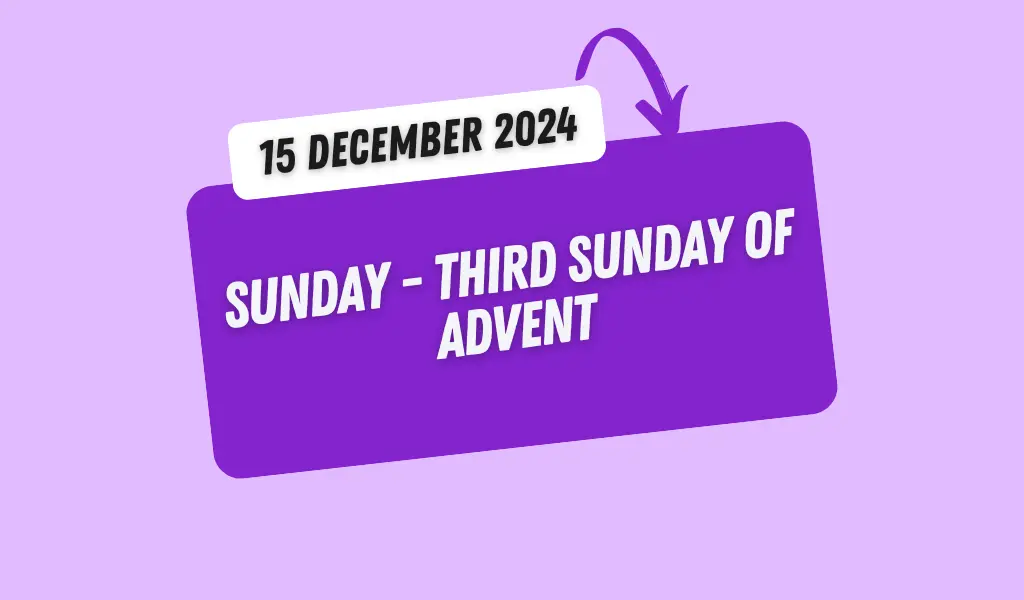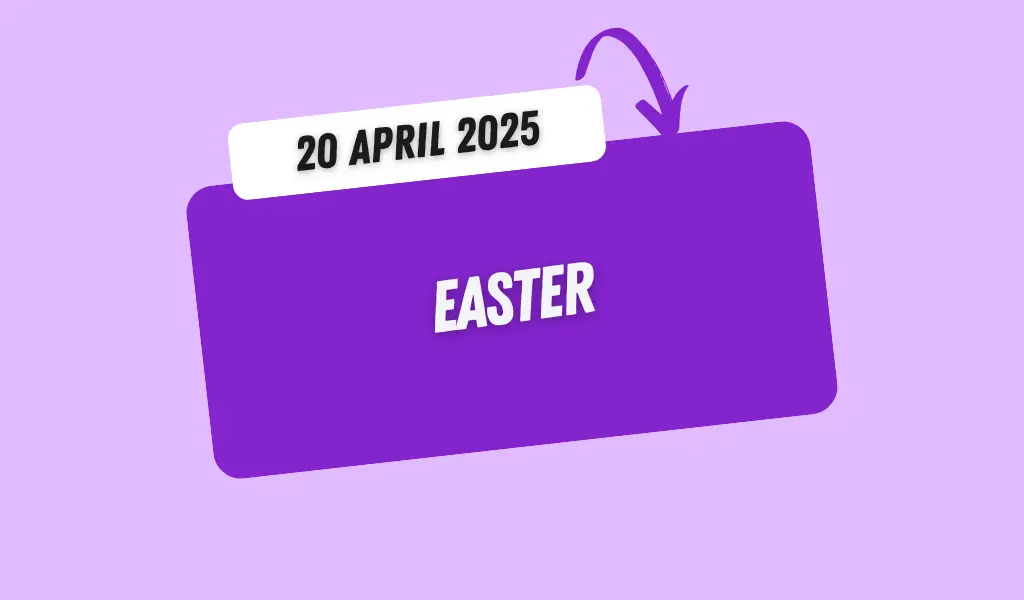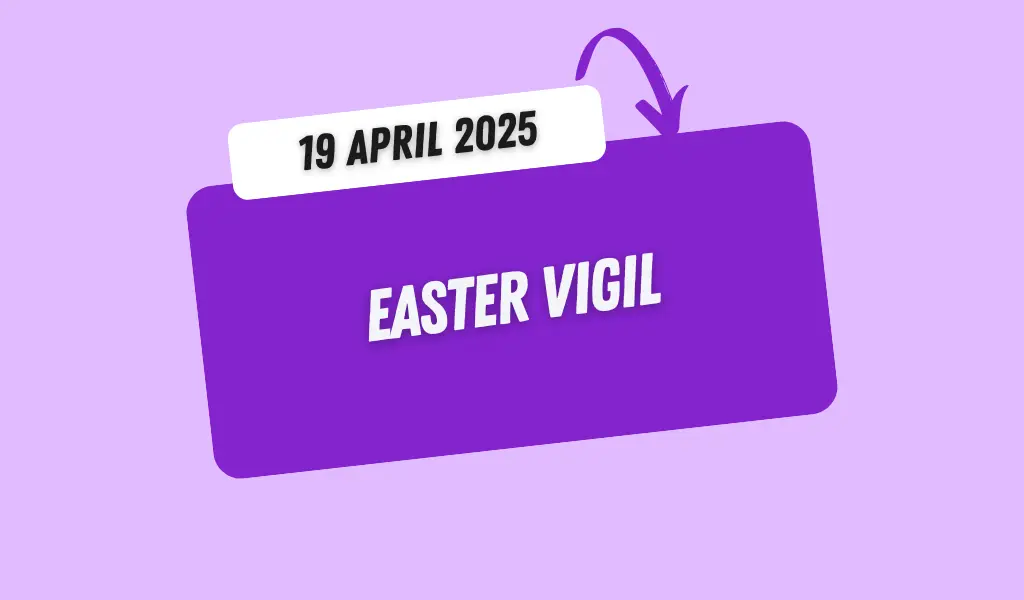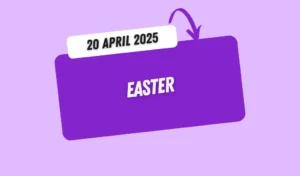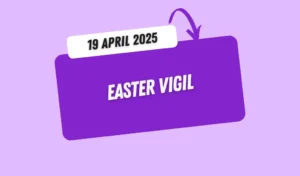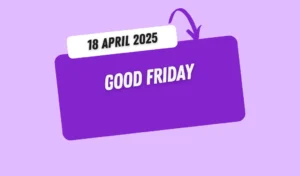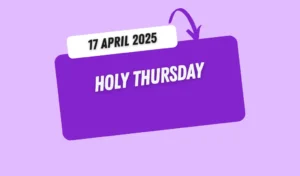Catholic Mass Readings and Reflection December 15, 2024
Third Sunday of Advent
15th December 2024 (Sunday)
Psalter: Week 3
Reading of the Day
First Reading: Zephaniah 3:14-18a
Shout for joy, O daughter Zion! Sing joyfully, O Israel! Be glad and exult with all your heart, O daughter Jerusalem! The LORD has removed the judgment against you he has turned away your enemies; the King of Israel, the LORD, is in your midst, you have no further misfortune to fear. On that day, it shall be said to Jerusalem: Fear not, O Zion, be not discouraged! The LORD, your God, is in your midst, a mighty savior; he will rejoice over you with gladness, and renew you in his love, he will sing joyfully because of you, as one sings at festivals.
Isaiah 12:2-3, 4, 5-6.
R/. Cry out with joy and gladness: for among you is the great and Holy One of Israel.
Second Reading: Philippians 4:4-7
Brothers and sisters: Rejoice in the Lord always. I shall say it again: rejoice! Your kindness should be known to all. The Lord is near. Have no anxiety at all, but in everything, by prayer and petition, with thanksgiving, make your requests known to God. Then the peace of God that surpasses all understanding will guard your hearts and minds in Christ Jesus.
Gospel Acclamation
V/. Alleluia
R/. Alleluia
V/. The Spirit of the Lord is upon me; because he has anointed me to bring glad tidings to the poor.
R/. Alleluia.
Gospel : Luke 3:10-18
The crowds asked John the Baptist, “What should we do?” He said to them in reply, “Whoever has two cloaks should share with the person who has none. And whoever has food should do likewise.” Even tax collectors came to be baptized and they said to him, “Teacher, what should we do?” He answered them, “Stop collecting more than what is prescribed.” Soldiers also asked him, “And what is it that we should do?” He told them, “Do not practice extortion, do not falsely accuse anyone, and be satisfied with your wages.” Now the people were filled with expectation, and all were asking in their hearts whether John might be the Christ. John answered them all, saying, “I am baptizing you with water, but one mightier than I is coming. I am not worthy to loosen the thongs of his sandals. He will baptize you with the Holy Spirit and fire. His winnowing fan is in his hand to clear his threshing floor and to gather the wheat into his barn, but the chaff he will burn with unquenchable fire.” Exhorting them in many other ways, he preached good news to the people.
Daily Gospel Reflection
Sunday – Third Sunday of Advent
Guidelines: Life is never free from fears and anxieties. There will be always something to worry and disturb us. But there is nothing to lose heart or be dissipated. The Lord is at hand. He will intervene
1. The recurrent theme of the holy Advent is, the Lord is coming; the Lord is at hand; the Lord is in your midst.
2. We hear in the first reading from Zephaniah 3. 14-18: The King of Israel, the Lord, is in your midst. O Zion, the Lord, your God, is in your midst. The second reading from Philippians 4. 4-7 too assures us that the Lord is at hand. In the gospel too, John the Baptist preaches, saying, he who is mightier than I is coming.
3. But what does he do with his coming? What will happen if he comes? This question is very significant because many come into our lives and many go away from our life. And not all make a difference.
4. But, the Lord’s coming is crucial, because he makes a vital difference in our life. In the light of the word of God today in all the three readings, we get a clear picture of what the Lord does with his coming.
5. The Lord takes away the judgments against you, casts out your enemies. He is a warrior who gives victory. He will renew you in his love. The peace of God, which passes all understanding, will keep your hearts and minds in Christ Jesus.
6. He will baptize you with the Holy Spirit and with fire. He will also call for a strict reckoning and judgment, for “winnowing fork is in his hand, to clear his threshing floor, and to gather the wheat into his granary, but the chaff he will burn with unquenchable fire”.
7. If this is what happens with the Lord’s coming and his presence, then what shall we do? What should be our response toward his coming? This is the question that was posed by the people to John the Baptist in response to his preaching: “What then shall we do?” and the fundamental response that is expected is Repentance.
8. But what is this repentance? How does it manifest itself? What are its ingredients and implications? We can gather some of them again from the readings. A few of these are made clear from John the Baptist’s answers.
9. Accordingly, these components comprise a spirit of sharing generously, rising above accumulation and greed; secondly, a spirit of fairness against extortion and deception; third, a spirit of equity and truthfulness against all violence, domination, or manipulation.
10. Still further, how to repent? How to change the course of life? Do not fear; fear evil no more; let not your hands grow weak. Rejoice and exult with all your heart; rejoice in the Lord always, in all the situations.
11. Persevere and let all know your forbearance. Have no anxiety about anything. But in everything pray and supplicate to God with thanksgiving and deep-rooted trust.
12. Besides these explicit ingredients and implications of a repentant heart and changed life, we can also draw two, three features from the example of John the Baptist himself.
13. His clarity about his identity: some were already beginning to believe that he was the awaited messiah, and he could easily project himself so and win popularity, but he knew that he was only the precursor of the Messiah; he had absolutely no over-ambition to rob off messiah’s role for his self-glory. What a contrast from our bundles of ego-projections and ego-promotions!
14. Another component is the utter humility of John the Baptist: I am not worthy even to untie thongs of his (messiah’s) sandals. Again what a contrast from many who get easily puffed up even by simple roles and ranks!
15. Another feature that characterizes him is his focused and undaunted commitment to his cause. No temptations for false identity or no pressures for self-glory would swerve him from his focus and loyalty.
Practice: If we truly take to heart the coming of the Lord that he will stand by us, vindicate our cause and also give a just judgment and recompense, then there is nothing to fear. Let us then rejoice!
